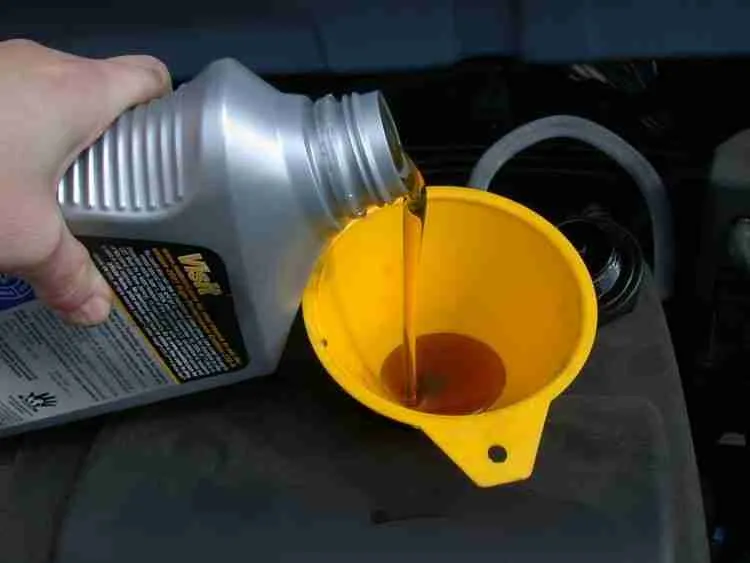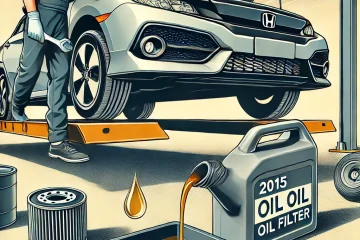How long can you run an engine without oil?

The relationship between oil and the engine
Whenever we think of an engine, there’s one thing that comes to our mind for sure. Any guesses? Well, if you guessed wrong then maybe you need to move to another planet. It’s oil! Engines and oil are like brothers in arms, they complete each other like a couple. For an engine to serve us continually, the presence and distribution of oil are vital, without oil the engine will fail surely within fifteen to thirty minutes. Oil is that important to the engine. What blood is to the human body, oil is to an engine.
What to expect?
The degradation suffered by the engine is truly unfathomable if it is run without oil. It’s truly amazing what a thin layer of oil distributed throughout the engine can do. It can run your car for years, pull it out and the car is bound to give in a short span of time. It is literally a matter of minutes. Without the oil, a high level of friction is produced within the engine, which shreds the metal components of the engine at a staggering rate. These shredded fragments will move around inside the engine and further degrade it until it finally gives in. It’s not an understatement when we say that an engine can suffer extreme damage in a very short span of time. A car can be turning up to 1000 rpm when it is idle and around 3000 when it runs at higher speeds.
The importance of oil and the consequences of the lack of it
A lot of people might find the function of engine oil or how often we change it inconsequential but when you take a closer look, you will find that it’s not the case at all. Engine oil not only keeps the car running but it also acts as a lubricant and a coolant. As mentioned earlier, a thin layer of oil literally keeps the engine from shredding itself to pieces.
When we run a car without oil, the antifreeze mechanism might get activated – but that cannot prevent the engine from overheating in a short span of time. Sludge, tar, and varnish are created when the car is in overdrive mode, these by-products are deposited in the ever-important internal structures of the engine like the cylinder walls, rings and bearings, etc. These deposits further disintegrate the engine causing wear and tear when the parts collide with each other. We had mentioned the role of oil as a coolant earlier. To elaborate on that … Without the oil, the engine is really pushing itself to its limits thus generating excess heat.
It is the oil that actually absorbs the excessive heat and maintains a favorable temperature for the engine to operate continually without overheating. The lack of oil leads to plain and simple overheating of the engine which in turn leads to thermal degradation and affects the performance of the engine in a disastrous way.
The sludge and tar generated by the lack of oil lead to the degradation of the engine. It can be taken care of with a rod. It is nothing but the place of friction bearing of the crankshaft. A piston might go down and not come back up to ignite the spark that runs the engine and the mentioned rod might also power itself in the engine block.
Some actual facts
There are various videos on the internet where we’ve been shown the effects of running a car engine without oil and they sure are drastic. YouTube automobile giants ‘Car Throttle’ tested a 1994 Mercedes that had two-hundred thousand miles on the clock! Yes two-hundred thousand miles, that’s quite a feat. Well after extracting the engine oil, the car just ran for fourteen minutes. Sure, the car was old and cranky but fourteen minutes compared to two decades is nothing but a blip on the timeline. The way the engine blew up was another explosive sight, quite literally. The engine could not take the heat generated when the throttle was being pushed to the limits on long straights. I would say the Mercedes was a real sturdy one since it survived for a good time but anyone would get what I am trying to say. Oil is quintessential for the survival of the engine.
Another example was of a V6 Magnum which had been extracted of its coolants and then extracted of its engine oil two days later. The V6 could only survive for 4 minutes and the degradation of the engine was unfathomable. Such a shame!
Racing engines take it to a different level when it comes to the usage of oil as lubricants. Formula one cars go up to 14,000 RPM. It would be a matter of seconds if not a minute or two for the race engines to burst up if a proper lubricant is not provided. Organizations like Petronas and Shell have been working hand in hand with Mercedes and Ferrari, respectively, to improve engine performance and a whole lot of research is underway across the racing-world to improve performance of engines through hi-tech engine oils and the funding which goes into this kind of research is just huge. Millions of dollars are spent to improve performance – so you can understand the impact engine oil has on a car.
Final Thoughts
Overall, I would say it’s a pretty naïve thing to run your car without engine oil unless you want to throw it away for scrap or you have a lot of money in your pockets. Well, fifteen to thirty minutes of a cranky and disappointed car is what you’ll get if you don’t feed it some oil! On the other hand, using better engine oils, lubricants and coolants are what you should be looking at. No one hates their car and we already have proof of what’s going to happen so why destroy what was probably the best thing in your life at one point in time?













No Comment